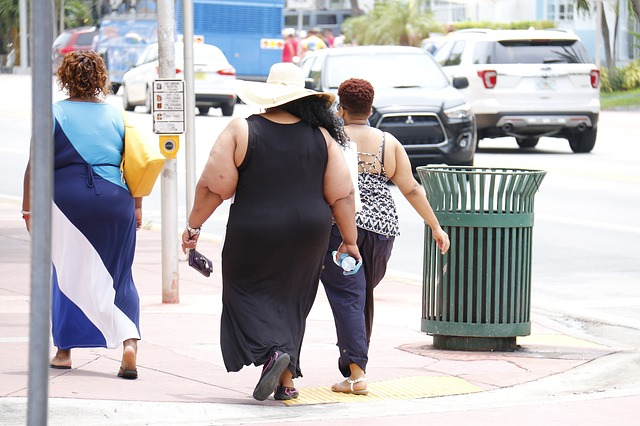After eight months since the emergence of the novel Coronavirus, which killed over 850,000 people globally, a new study has revealed that people with metabolic syndrome are more likely to have worse COVID-19 outcome which requires ventilation and often leads to death. The research has thrown new light on grave risk factors that make the SARS-Cov-2 infection serious and fatal.
The Virus and Its Effects

As per the healthcare experts and the Centers for Disease Control and Prevention (CDC), some groups at serious risk of contracting the virus include older adults and those with certain underlying medical conditions, such as cardiovascular diseases, type 2 diabetes, and obesity.
The recent study, which appears in the journal Diabetes Care, has highlighted that -- obesity, diabetes, and hypertension -- in particular, are more common in people who die from novel Coronavirus than those with heart or lung issues.
What is Metabolic syndrome
The metabolic syndrome (MetS) is an umbrella term for several conditions that affect an individual's risk of heart conditions and other health issues, says NIH's National Heart, Lung, and Blood Institute. To receive a diagnosis of metabolic syndrome, a patient needs to have three of the following five specific medical conditions:
If a person has MetS, they are likely to have an ongoing low level of inflammation in the body. The researchers who conducted the newly published study explored the separate effects of obesity, diabetes, and hypertension on Coronavirus severity and compared them with the combined effects in MetS.
Link Between MetS And Coronavirus Fatalities

For the study, the researchers collected data from 287 COVID-19 patients at two hospitals in New Orleans, LA, from March 30 to April 5, 2020.
The team of experts found that more than 85 percent of the patients, included in the study, were non-Hispanic Black, while the average age of the participants was 61, and almost 57 percent of them were women. All over, 80 percent of the people had hypertension, 65 percent had obesity, 54 percent had diabetes, and 39 percent had low HDL levels. As per the researchers, overall 66 percent of the involved patients met the threshold for metabolic syndrome.
The study says that MetS was significantly associated with mortality, ICU, invasive mechanical ventilation, and acute respiratory distress syndrome compared with non-MetS. It also added that of the patients with MetS, 56 percent required intensive care, 48 percent required ventilation, 37 percent developed ARDS and 26 percent died due to novel Coronavirus caused disease, COVID-19.
The researchers found that even after accounting for a range of variables— including sex, age, race, and the location of the hospital —people with MetS have a higher chance of dying from virus infection than people without MetS. The scientists also noted that there was no association between the individual conditions that collectively make up MetS and death due to SARS-CoV-2.
The lead author of the study, Dr. Joshua Denson, an assistant professor of medicine at the Tulane University School of Medicine in New Orleans, LA said that together, diabetes and prediabetes, obesity, high blood pressure, and abnormal cholesterol levels "are all predictive of higher incidents of death in these patients."
Dr. Denson said the underlying inflammation that is seen with MetS "may be the driver that is leading to these more severe cases." This means that MetS should be considered "a composite predictor" of novel Coronavirus lethal outcome, increasing the odds of deaths by the combined effects of its individual components.









